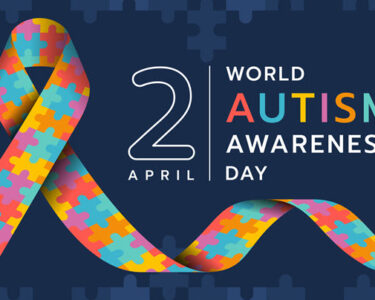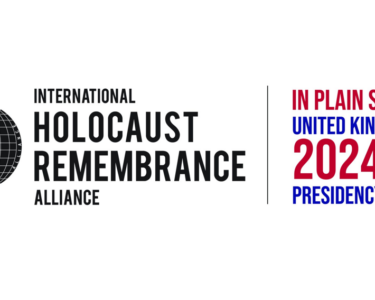Human Rights Day calls the international community to pause, re-examine and re-commit itself to protecting the rights of all human beings. Yet child slavery, sexual abuse, FGM, human trafficking, denial of child education especially girls, the absence of emancipation in many parts of the world, discrimination related to sexual orientation, gender, religion and those who speak out against corruption, continues to take place in our midst. Even open societies that strive to minimize and eradicate human rights abuse efforts are not always successful. Abuse of human rights happens everywhere.
70 years ago today the creation of the Universal Declaration of Human Rights was a milestone moment in history. It was created in the main as a response to the atrocities of the Holocaust. However a little known fact is that early iterations of a human rights charter, particular those pertaining to the rights of the child, found their beginnings in the years prior to and during the Holocaust. Incarcerated with the other Jews of the Warsaw Ghetto the Polish pioneer of children’s rights, Janusz Korczak continued his life-long work to champion children and their rights. Korczak’s works laid foundation for international recognition of children rights to health, respect, education, privacy, and all the other human rights to be included in the United Nations Convention on the Rights of the Child (UNCRC). The Convention adopted by the United Nations in 1989 drew on Korczak’s work. Korczak believed that children should be taken seriously, entitled to the same rights as adults. He was the first to put into words the necessity to respect children as fully-fledged human beings. According to Korczak, children had the right to live in the present, He states ‘Children are not people of tomorrow. They are people today. They are entitled to be taken seriously. They have a right to be treated by adults with respect, as equals. They should be allowed to grow into whoever they were meant to be – the unknown person inside each of them is the hope for the future’.
Korczak’s orphanage ran as a republic where the children self-governed under Korczak’s stewardship. The children hired and fired staff, ran their own court and shared responsibility for the welfare of fellow orphans. Despite the increasing death, danger and disease of the ghetto, Korczak continued to ensure the children lived according to the democratic principles which they had learned to value and protect. Korczak’s pedagogic approach was essentially child centred. He believe children had an innate sense of moral reason and that they had the right to fail and make mistakes. ‘There are no more fools among children as here are among adults’.
Tragically Korczak was murdered along with the 200 orphans his orphanage in Treblinka in August 1942.
Korczak’s work and legacy has helped to shape the teaching approach of UCL’s Centre for Holocaust Education especially via its ITE programme and many schools with whom the Centre works operate school councils and parliaments such as those advocated by Korczak to encourage student voice in the running of the school.
The Declaration of Human Rights must be more than words on a page. This anniversary is the opportunity to ensure our students’ grow to see a civic duty in preserving and protecting the rights of all.
Ruth-Anne Lenga is Programme Director at the UCL Centre for Holocaust Education



